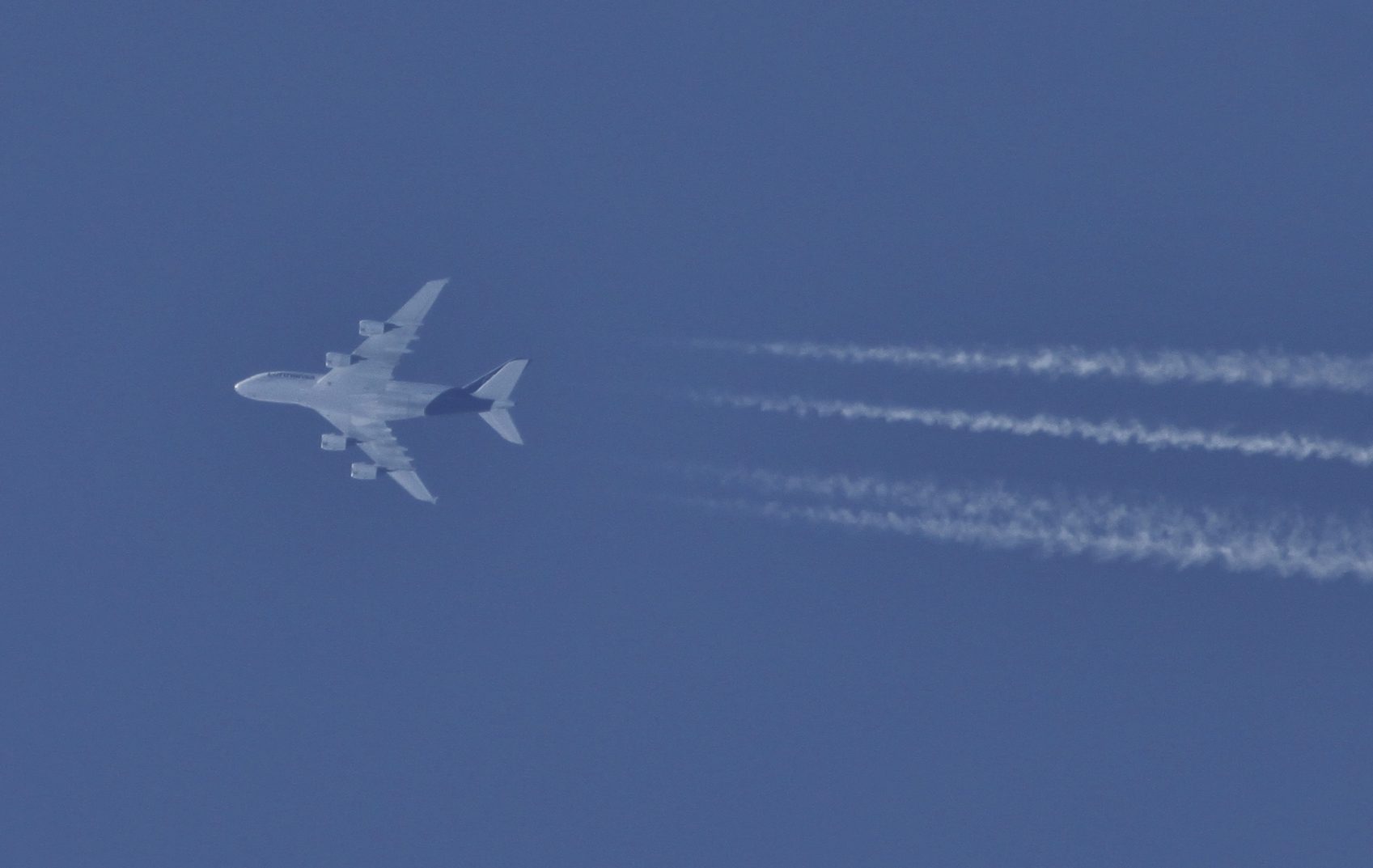
MG 9232
Lufthansa Group will significantly reduce its fleet as it prepares for the post-Covid 19 return to service, the airline said on April 7. The reduction and reorganization will include all airlines and result in a yet to be confirmed number of job losses.
CEO Carsten Spohr didn’t use empty words, when at the FY19 presentation on March 19 he said that the airline industry and Lufthansa Group will become much smaller when the coronacrisis is over. Three weeks on, and the executive board has already decided where those cuts will be made.
Lufthansa
At Lufthansa, the most significant cut is the early phasing out of six of its 14 Airbus A380s with immediate effect. The airline had planned to retire the aircraft in 2022 and 2023 as part of a sale-back deal with Airbus that includes the purchase of 30 A350-900s. This is now brought forward by two years, only ten years after the first A380 entered service. The 14th joined the fleet in April 2015. In 2013, Lufthansa canceled an order for three double-deckers from the original batch of 17 on order.
Also to leave the fleet are five of 32 Boeing 747-400s, seven of 17 Airbus A340-600s, three A340-300s with Lufthansa Cityline plus eleven A320ceos’s. The long-haul types are retired both for economic and environmental reasons, while some ceo’s were nearing the end of their life.
Eurowings
Subsidiary Eurowings will phase out ten A320ceo’s. The airline is in the midst of a restructuring program that shifts its focus from long-haul to direct short-haul flights to make it profitable in 2021. In 2019, long-haul was moved to the parent airline while plans to integrate Eurowings with Brussels Airlines were terminated. Eurowings was set to grow on core short-haul routes via higher productivity. Initial results were evident in the FY19 results, but the board has now decided to accelerate the integration plan within a single unit, resulting in the demise of the Germanwings brand.
Austrian
Austrian Airlines will intensify its restructuring plan #Driveto25, which was meant to reduce expenditures by EUR 90 million per year from 2021 by reducing the overall size by 700 to 800 jobs. Austrian too will reduce its fleet, which by January consisted of 38 A320ceo-family aircraft, six Boeing 767s, six 777s, 15 Bombardier Q400s, and 17 Embraer.
The extent of the revised restructuring plan is still subject to confirmation by Austrian’s board and depends on the outcome of the coronacrisis. The aim is to keep as many routes and staff as possible. Vienna will remain a hub-airport, CEO Alexis von Hoensbroech confirms.
SWISS
SWISS will also have to reduce its fleet size by retiring older aircraft and deferring delivery of new short-haul aircraft, but no details were given. The airline, with headquarters in Zurich, has a fleet of 41 A320ceo-family aircraft, sixteen A330s, and nine A340s which are eligible for early retirement.
SWISS has just taken delivery of its first of 17 A320neos and eight A321neo’s on February 20 which are for replacement. It has only one A220-300 to be delivered out of 20 while all nine -100s have been delivered.
Brussels Airlines
The restructuring also has further implications for Brussels Airlines which already is in a program to make it leaner and more efficient. The original plan to integrate the Belgian airline within Eurowings has been terminated and instead has been positioned closer to Lufthansa’s network airlines. Simplifying and standardizing operations was to have a positive effect on EBIT by eight percent from 2022.
Announced already on March 19, Lufthansa has also terminated all wet-lease arrangements with airlines. What the impact of this in on Helvetic and Air Dolomiti remains to be seen.
No details about staff reductions
The April 7-announcements fail to include details about the consequences for staff of all airlines within the Group except for talks with unions and workforce representatives will be started quickly. The board aims to keep as many staff as possible employed and wishes to discuss different/more flexible employment models.
Not clear either is how the reduction in size will impact the Group’s order book for 198 airliners as of January. Fixed orders included 30 Airbus A350-900s, although their deliveries were already deferred until 2027, 20 Boeing 787-9s, 20 777-9s, and 2 777Fs. The short-haul order book included 82 A320neo’s and 43 A321neo’s. Spohr confirmed in March that Lufthansa is discussing these orders as it wishes to either defer or cancel a portion of them.
In all, Lufthansa is the first airline to show where the airline industry is going post-Covid. The news doesn’t bode well to those airlines that are not as well capitalized as the German-Swiss-Austrian-Belgian group.
Views: 5




